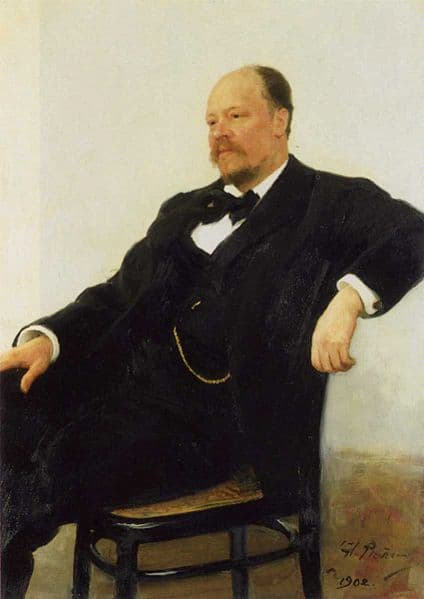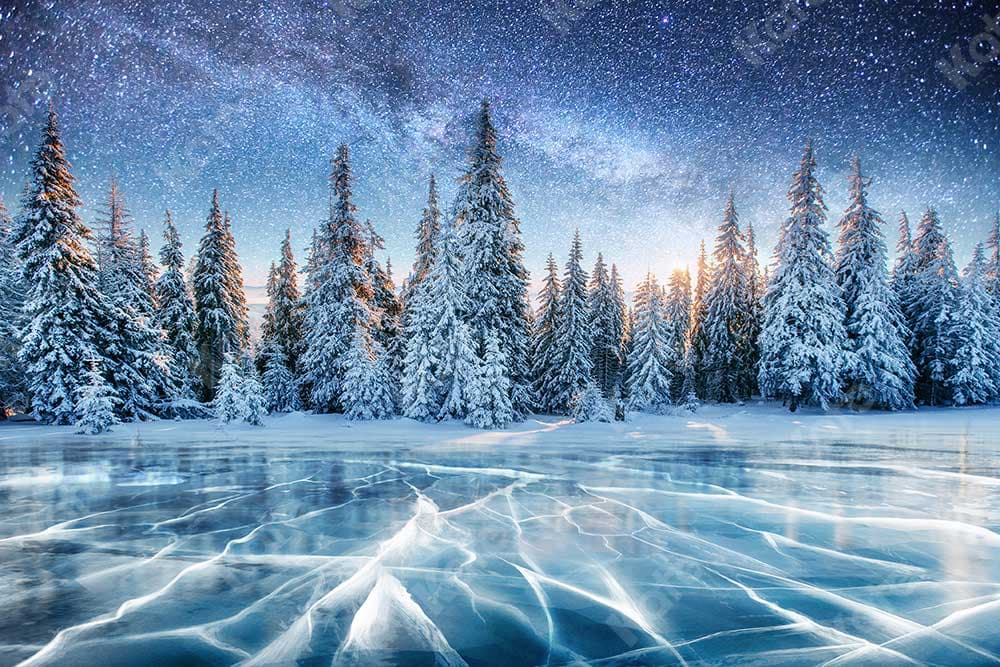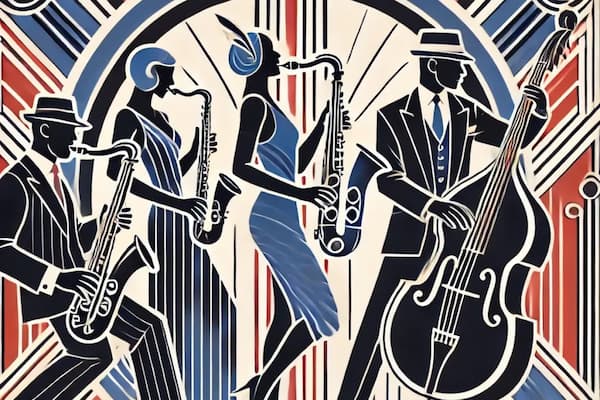Anatoly Lyadov (1855–1914) was condemned with faint praise: ‘Most recollections of this kind, likeable man suggest that he could have achieved so much more if he had not been so idle.’ A case in point was his commission from Diaghilev. He delayed so long in starting Diaghilev’s proposed ballet, The Firebird, that the impresario turned to Igor Stravinsky, thereby giving the younger composer his first step into what would be a phenomenal and influential career.

Ilya Repin: Portrait of the composer Anatoly Konstantinovich Lyadov, 1902 (Moscow: Russian Museum)
Using music that he may have originally intended for an unfinished opera, Lyadov, in 1909, created a landscape in The Enchanted Lake, Op. 17. Unlike most Russian orchestral music from this time, there’s no mythical story line but, rather, a kind of ‘musical still life’. Lyadov said of it: ‘How beautiful the lake is, how pure and with stars and mysteries in its depths! But the most important thing is the absence of people with their joys and sorrows; a ‘nature morte’ – cold, evil, yet fantastic, as in a fairy tale’.
From Lyadov’s description above, this isn’t just a lake that is pure and still, reflecting the stars above, but an isolated lake that, without people, is somehow evil. Its chill separates it from humanity and takes it to the realm of the fantastic.
The work begins with just a hum of sound, at a slow tempo, and using an unusual 12/8 metre. This gives it a fluidity that works well with Lyadov’s muted world.

Frozen Lake
This is a kind of late Russian impressionism, but, unlike Debussy’s style of impressionism, this one is more atmospheric, more foreboding, and less taking you to other realms. There is a touch of Russian dramatics in the rises and fall of the musical line, but it’s all kept to the subtle side. If we want to add Wagner into the mix, we have his unique addition of climaxes that take you a brief opening in the atmosphere, but we quickly fall back into the cold lake.
Anatoly Lyadov: Volshebnoye ozero (The Enchanted Lake), Op. 62 (BBC National Orchestra of Wales; Thierry Fischer, cond.)
As one commentator said, in this work one feels ‘the change of the colours, the chiaroscuro, the incessantly changeable stillness and seeming immobility’. And it’s that combination of change and immobility that makes this a unique work. How do you imagine the world that Lyadov’s creating with his enchanted lake?
For more of the best in classical music, sign up for our E-Newsletter


